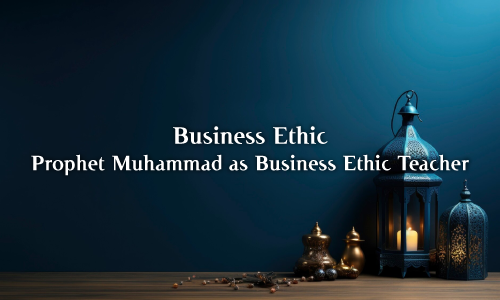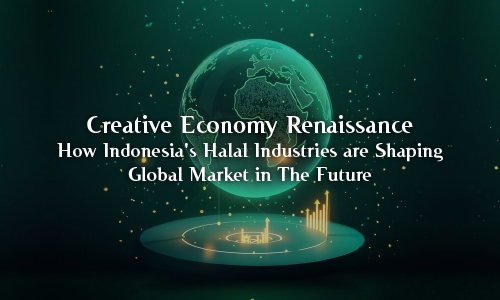
Summary: Islam affirms that there stand for mutual affect in business processes, until the business practice as a work field recommended to the adherents; while discussing ethics of business activity poped out to minimize cheating and fraud activities. However, Islamic business ethics felt difficult to apply in practice, especially in the business of buying and selling. Ethical business exemplified by Prophet Muhammad 1,400 years ago. Early involvement in trade, working for khadijah, profitable ventures, and honesty in business are the business muhammad practices. These principles reflect a holistic approach to business ethics, aiming to create a just and equitable economic system. Prophet Muhammad's teachings continue to inspire ethical business practices in the Muslim world and beyond.
Ethic and Business
Ethics is often associated with morality. While they share similarities, they have distinct meanings. Ethics comes from the word ethos, which means custom or habit, while morality originates from mos, carrying a similar meaning. Both terms relate to values and guidelines that govern a good life, influencing how individuals interact and follow societal norms. Ethics is also considered a branch of knowledge derived from moral philosophy.
Ethics is explained in three ways: as knowledge that distinguishes between good and bad, as a collection of principles related to moral conduct, and as a set of values followed by a particular group. Ethics, as viewed by some scholars, is a field of study rather than a set of teachings, and it differs from morality in terms of definition and function. From a philosophical perspective, ethics involves a critical and rational examination of values and moral principles. Ethical theories can be categorized into deontological and teleological ethics. Deontological ethics focuses on moral obligations, where actions are judged based on their inherent rightness or wrongness, regardless of their consequences. In contrast, teleological…

















